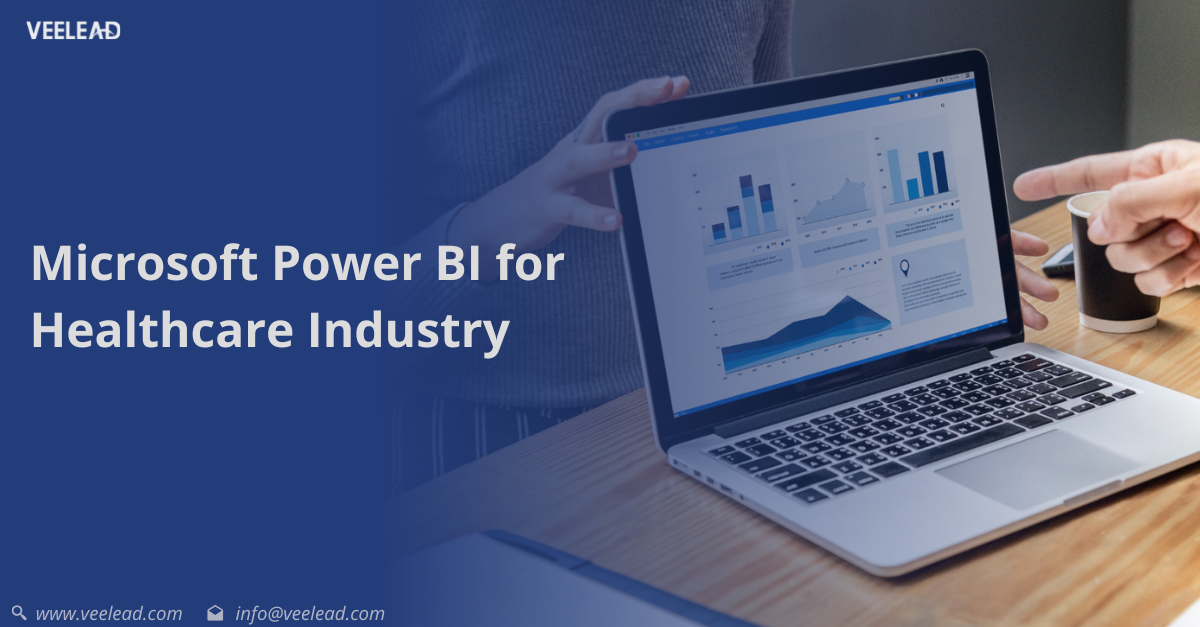

All throughout the world, healthcare systems are undergoing change. Healthcare organizations struggle with reducing costs, effectively managing human resources, and modernizing and simplifying internal processes in addition to their constant efforts to improve patient care. The strain on healthcare systems is anticipated to increase, particularly in light of the aging global population and the estimated 14 million skilled healthcare worker shortage. Additionally, healthcare institutions will need to make better, quicker judgments in order to continue providing value to society given how quickly government regulations are changing and how demanding patients are becoming.
Despite the variety of these issues, data analytics capabilities can assist healthcare businesses in deriving useful information from their data to close these loopholes.
For business intelligence and data-driven analytics on patient histories, clinical medicine, physician performance, electronic medical records, and operational data, it is possible to make use of this wealth of clinical and operational data. Moreover, by anticipating future health trends and minimizing risks, big data insights can be employed in preventative medicine and efficient planning.
However, the expanding data volume also brings with it difficulties, such as escalating privacy concerns and sophisticated data and IT architecture, which frequently makes it challenging for enterprises to effectively utilize their data and extract the value that the healthcare ecosystem requires.
Microsoft Power BI
Power BI is a cloud-based business analytics application. It enables you to use live dashboards to keep an eye on the health of your company, giving you a consolidated view of all your business data. Using Power BI, you can generate visually engaging business intelligence reports and provide mobile users with access to your data.
Why do you require a Power BI healthcare dashboard?
- Data dispersed among several systems
- Lengthy manual reports
- Report revisions are processed quickly
- Reports that are non-explanatory and unorganized
- Lacking the means to integrate or tidy up data
- Security issues
- Lack of useful information
- Power BI’s function in the healthcare sector
Related Reading:
How to Use Power BI in Microsoft Teams? Benefits of Integration
Benefits of Using Power BI in the Healthcare Industry
By integrating Power BI, healthcare providers may gain the insights necessary to lower expenses, boost revenue, and improve patient care while abiding by compliance and laws. Additionally, Power BI for healthcare businesses gives them better access to their data and enables them to gather insightful data on their key performance metrics (KPIs). This device has enormous potential to advance numerous facets of the healthcare sector.
Overall, Power BI provides a 360-degree picture of all the required indicators for the healthcare sector. These indicators include a single healthcare dashboard that is real-time updated and accessible via mobile, desktop, and tablet devices. You may quickly find answers and discover new insights by delving into data utilizing business intelligence solutions that include artificial intelligence (AI) capabilities. Here, Power BI dashboards make it simple to provide business intelligence data to the entire team and solicit their suggestions or criticism.
One can track the hospital and healthcare quality indicators shown in the figure below using a Power BI dashboard. Personalization, storytelling, impact, timeliness, comparisons, and connections are among the qualities of effective data visualizations that set them apart from the competition.
Measurement and comparison of physician allocation, patient satisfaction, bed occupancy, and ER wait times are helpful. You may improve operational efficiency using healthcare dashboard reports, leading to wiser choices and better results. Even now, some healthcare organizations are cautious to transfer all of their data to the cloud for safe storage.
Power BI provides both on-premises and cloud-based data storage options. By connecting to on-premises data sources through gateways, you may maintain the freshness of your data without moving it. Keep your healthcare dashboard reports current and easily accessible to your users on a variety of devices now that the data is on-premises. If necessary for your healthcare company, another option is to securely store the data in the cloud.
For instance, there may not be an opportunity for surgeons and stakeholders to speak directly to one another. However, in the end, each is impacted by the demands and objectives of the other. To execute surgeries safely, a surgeon needs the greatest medical tools and a team of skilled support personnel. Investors and stakeholders want to make a profit, but they also want to give patients quality treatment.
Advantages of Power BI for the healthcare sector
- Clearly displays important facts and highlights trends and patterns therein, which improves understanding of complex data.
- Increases data accessibility for important decision-makers
- Aids top medical executives in making quick decisions and effectively communicates clinical insight
- Allows for simple data management for use by several departments
- Using Power BI in the healthcare industry can assist providers in providing physicians, executives, administrators, and others with context for the growing amount of data. It provides a cost-effective way to spread information throughout the healthcare system while maintaining accurate, thorough, and controlled high-level data representation.
Microsoft regularly adds new capabilities to Power BI, making it a dynamic and feature-rich program. Power BI is a must for current medical setups to ensure uninterrupted operational efficiency. However, in order to extract business insights and information from data, their personnel require expert Power BI training. As a result, healthcare businesses must decide whether to hire Power BI developers to train the staff on how to use Power BI dashboards, business intelligence reports, data visualization, and data analytics.
Conclusion
Furthermore, you can choose to collaborate with a Power BI partner like Veelead Solutions if you lack internal data visualization capabilities. We can help you with any aspect of your setup, from designing and planning to delivering. Additionally, we are always available to you for any support after deployment. If you have any inquiries about Power BI implementation in the healthcare industry, please connect with us.
Related Reading:
How to Outsource Power BI Development Without Losing Time and Money?


